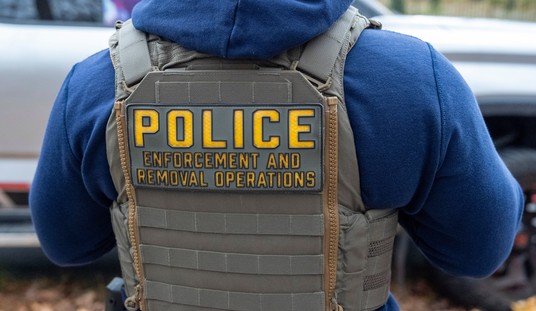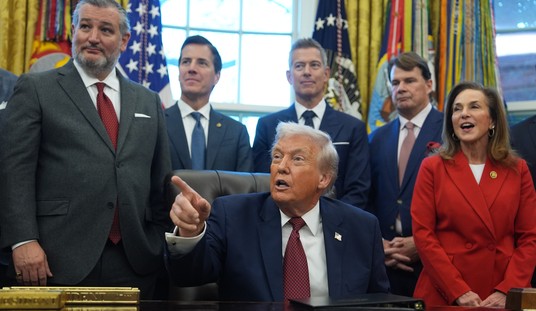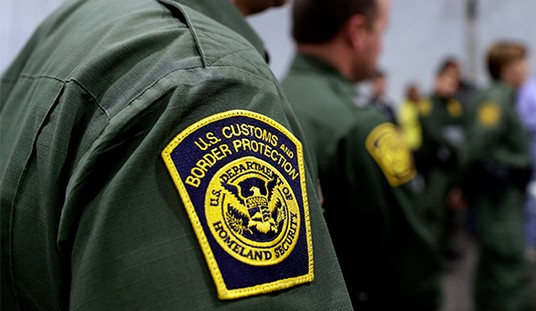It’s becoming clear that many rank-and-file members of the House Republican Conference are chomping at the bit to resurrect earmarks after a two-year moratorium. Some are complaining that earmarks cede authority to the executive branch; others are lamenting the lack of “grease” to facilitate passage of statist legislation; still others are trying to push miscellaneous tariff bills, which violate the rules of the earmark ban.
Yesterday, Politico published a reveling account of Republicans who are having a difficult time coping with the earmark ban, particularly as it relates to transportation projects. Here are some excerpts:
House Republican freshmen are figuring out that it’s hard to hate Washington and need Washington at the same time.
Take New York Rep. Michael Grimm for example, who has lobbied for a revamping of the Bayonne Bridge that connects commuters to New Jersey. Or New York Rep. Ann Marie Buerkle, who has said the “federal government can have real and legitimate impact on the economic health of a region by supporting improvements to local infrastructure” — as she pushed the Syracuse Connective Corridor road project. And even Florida Rep. Allen West has touted a $21 million grant to help construct a second runway at the Fort Lauderdale-Hollywood International Airport. […]
“When we went around to each of the freshmen to ask them what their main concerns were, a lot of those were more specific things to their district or specific highways or different things like that,” said Rep. John Duncan (R-Tenn.). […]
Rep. Michele Bachmann (R-Minn.), founder of the Tea Party Caucus, has said earmarks shouldn’t count when they’re for transportation projects. And just last week, the Transportation panel’s top Democrat, Nick Rahall of West Virginia, made a public plea that Chairman John Mica (R-Fla.) join him in writing a letter asking Boehner to bring back earmarks.

There is no doubt that many localities are in need of some infrastructure updates. But there is an obvious solution to this problem. Let’s stop pooling the gas tax revenue of all 50 states into one pile for the inane and inefficient process of federal transportation policy. Every state, due to diverse topography, population density, and economic orientation, has its own transportation needs. By sucking up all the money into one pile in Washington, every district is forced to beg with open arms at the federal trough. Moreover, a large portion of the transportation funds are consumed by federal mandates for wasteful projects, mass transit, Davis-Bacon union wages, and environmental regulations.
This is why we need to devolve most authority for transportation projects to the states. That way every state can raise the requisite revenue needed to purvey its own infrastructure projects. The residents of the state, who are presumably acquainted with those projects, will easily be able to judge on the prudence of the projects and decide whether they are worth the higher taxes. If they want more airports, mass transit, or bike lanes, that’s fine – but let’s have that debate on a local level.
We have been promoting Tom Graves’s (H.R. 3264) devolution bill for some time in these pages. Since the completion of the interstate highway system, there is complete connectivity between the east and west coasts – the original purpose of the federal highway fund. Graves’s bill would leave a few cents of the gas tax revenue in the fund to cover projects that are still national in scope. The rest would be up to the states; freeing Washington of the paralysis, waste, and fraud that is associated with the lobbyist-driven earmarking process that has defined our transportation policy for far too long.
The next time your members of Congress complains about being hamstrung from the earmark ban, ask them if they plan to cosponsor the devolution bill. There are only 37 cosponsors; 205 more to go. If members are worried about their state issues, then make transportation a purely state issue.
Cross-posted from The Madison Project













Join the conversation as a VIP Member